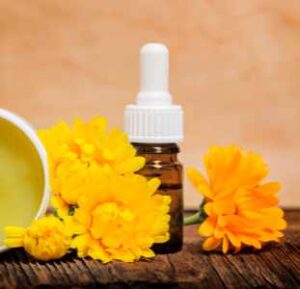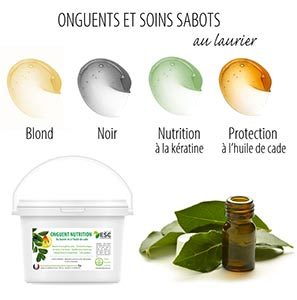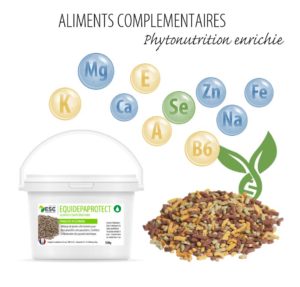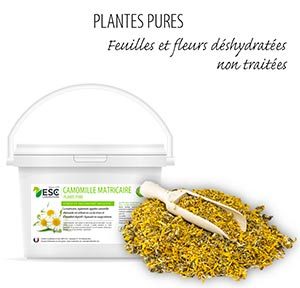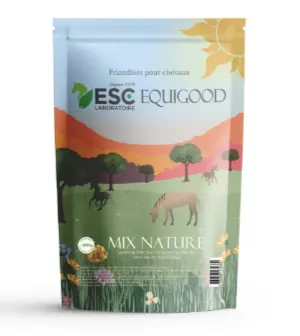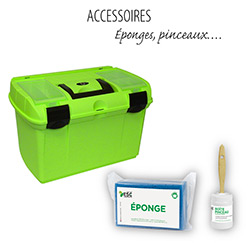1) What is emphysema?
Emphysema is an inflammation of the respiratory tract in horses, it is the equivalence of asthma in humans. This inflammation is often called « obstructive respiratory disease » or « grows » Because the horse encounters difficulties in exhaling air from his lungs and therefore has to contract his abdominal muscles.
The area affected by this inflammation ranges from the trachea to the lungs. Emphysema is a respiratory problem for horses 7 or 8 years old. It is also a genetically transmissible pathology.
We can mainly define 2 groups of horses that can be affected: equines with predispositions and seniors. It is important to know that this pathology will never fully cure but it is possible to improve the respiratory comfort of the equines.
2) Causes and symptoms of emphysema
Inflammation of the respiratory tract is seasonal:
- In winter, the horse may be hypersensitive to hay (the moulds, mushrooms and/or dust present there), air quality in the box and quality of life. This causes an allergic reaction to the respiratory tree. Emphysema is more easily triggered in winter.
- In spring, emphysema can develop with pollen appearance Other causes of respiratory inflammation are a poorly or too late treated respiratory infection, which has left the bronchial damage. Ammonia in a poorly maintained box or confined stable may cause a more or less serious respiratory problem in the horse.
The different symptoms are:
- A fairly common cough and breathing difficulties
- Increased heart rate
- A dilation of the noses
- Expiratory dyspnea
- A throw (secretions coming out of the nose)
- Difficulties to recover after effort
- A weight loss
- Progressive weight loss due to greater use of energy and therefore burn more calories
- Push line appearance
3) Care :
Various solutions are possible to reduce the appearance of emphysema. It is possible to influence the quality of life of the horse and the use of herbal products to improve the respiratory comfort of equidae.
Improving the quality of life:
- Put the horse in the meadow or take it out as much outdoors as possible
- Have a clean box
- A bedding of chips
- Moister hay or substitute hay
- Avoid maximum contact of dust with the horse
Use of Herbal Medicine Products:
Our company, an expert in equine herbal medicine, has formulated plant active products to improve the respiratory comfort of horses, especially in case of emphysema.
Here is our product selection:
- Bronchomix : The Bronchomix is a mixture of 9 plants selected for their decongestant properties on the respiratory apparatus of the horse: THYM – TUSSILAGE – EUCALYPTUS – PLANTAIN – WHITE BOUILLON – GUIMAUVA – VERVEINE – ANIS VERT – BOSWELLIA. This formula was developed by our Laboratory. The very complete formula of this natural food supplement supports the respiration of the horse, soothes and clears the congested bronchus of horses thanks to the properties of plants with complementary virtues acting in synergy.
- Equipum reinforcement : Equipum reinforcement is a high performance complementary feed made from a mixture of plants selected for their expectorant and antitussive properties. Equipum reinforcement is intended for horses who suffer from emphysema.
- White bud VS Tussilage : The white broth is traditionally used for bronchial conditions. This mucilage-rich plant helps to clear the respiratory tract of horses. White broth can be used externally against insect bites. The siding means "acting on cough" in Latin. This plant is one of the oldest pectoral remedies. Its mucilage content makes it an effective remedy in case of respiratory difficulty. Tussilage is particularly indicated in horses suffering from emphysema.


